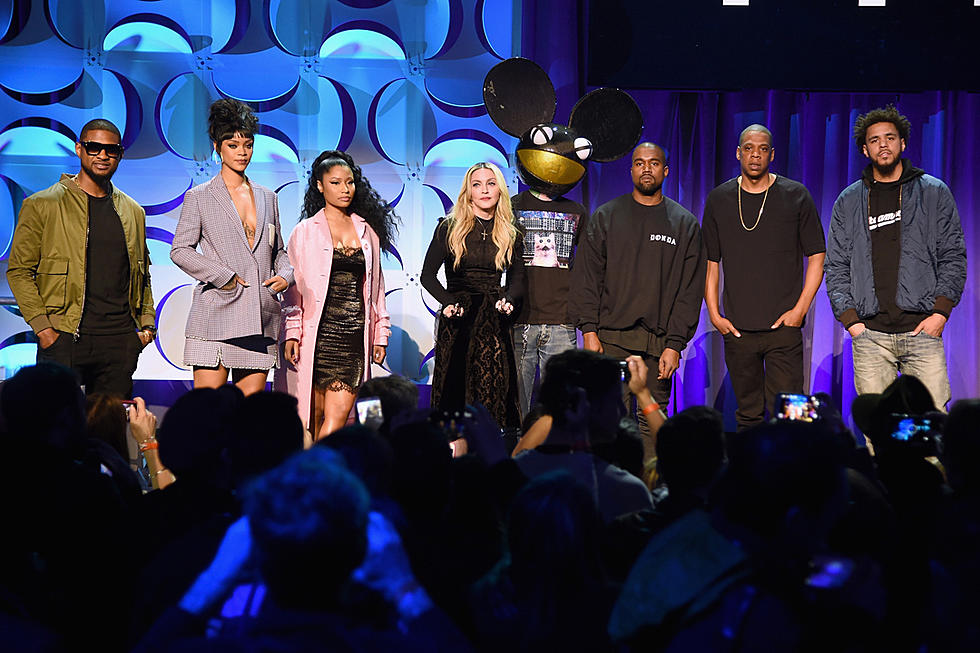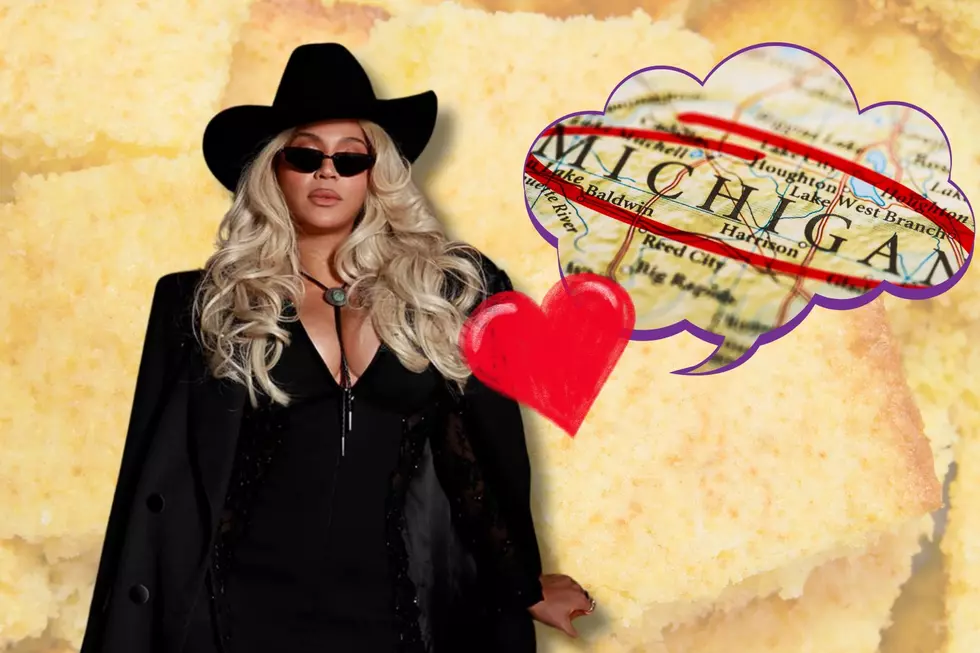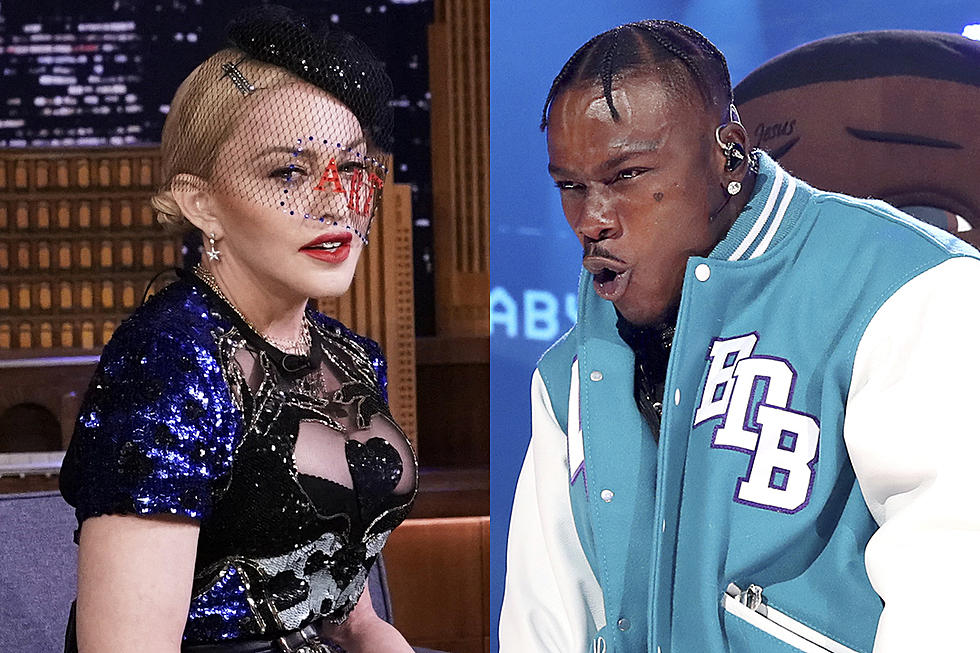
Jay-Z Relaunches Tidal Streaming Service – Today in Hip-Hop
XXL celebrates 50 years of hip-hop with this moment:
March 30, 2015: Jay-Z relaunched Tidal streaming service on this day in Miami and held a signing-in ceremony with some of music's biggest stars.
Promising a "new order" in the music streaming arms race, Jay-Z launched his own streaming platform called Tidal to rival established digital platforms like Spotify, Pandora, SoundCloud and Apple Music.
Hov took over Tidal from the Swedish company Aspiro for a cool $56 million, determined to attract media attention to just how badly artists are short changed when their songs are streamed millions of times.
In a livestream ceremony from Miami on March 30, 2015, Jay-Z assembled his famous family and friends to publicly sign as partners of the Tidal brand. "Artists owners" from every genre of music came out to sign on the dotted line. Music heavyweights J. Cole, Kanye West, Rihanna, Nicki Minaj, Beyoncé, Swizz Beatz, Usher and more were all in attendance for the signing of the Tidal Bill of Rights.
At the time of its launch, Jay promised that unlike other streaming services, Tidal would pay the artists the highest royalty percentage in the business when their song gets streamed.
Two months later, Jay would celebrate the launch with a rare Roc-A-Fella reunion show in NYC called Tidal X: Jay Z B-Sides. By October of 2015, to celebrate 1 million subscribers to the service, Jay once again gathered his famous friends for a Tidal X 10:20 Festival in Brooklyn.
Six years after its launch, Tidal was acquired by Block (formerly known as Square), a financial service company, in March 2021. The deal, reportedly worth $297 million, allowed its artist partners to keep their ownership in the music company. Tidal also upped their audio quality to give users a greater listening experience. Additionally, the company introduced music streaming royalty programs that deliver more revenue to the most-listened-to and emerging artists on their platform.
In short, Tidal remains committed to making sure artists get paid for their art, while giving fans a higher-quality audio experience.
Watch Jay-Z's Tidal Launching Press Conference Below
Watch Jay-Z's #Tidal4All Ad Campaign Below
These Rappers School You on the Best Ways to Get to the Bag
More From Magic 104.9









